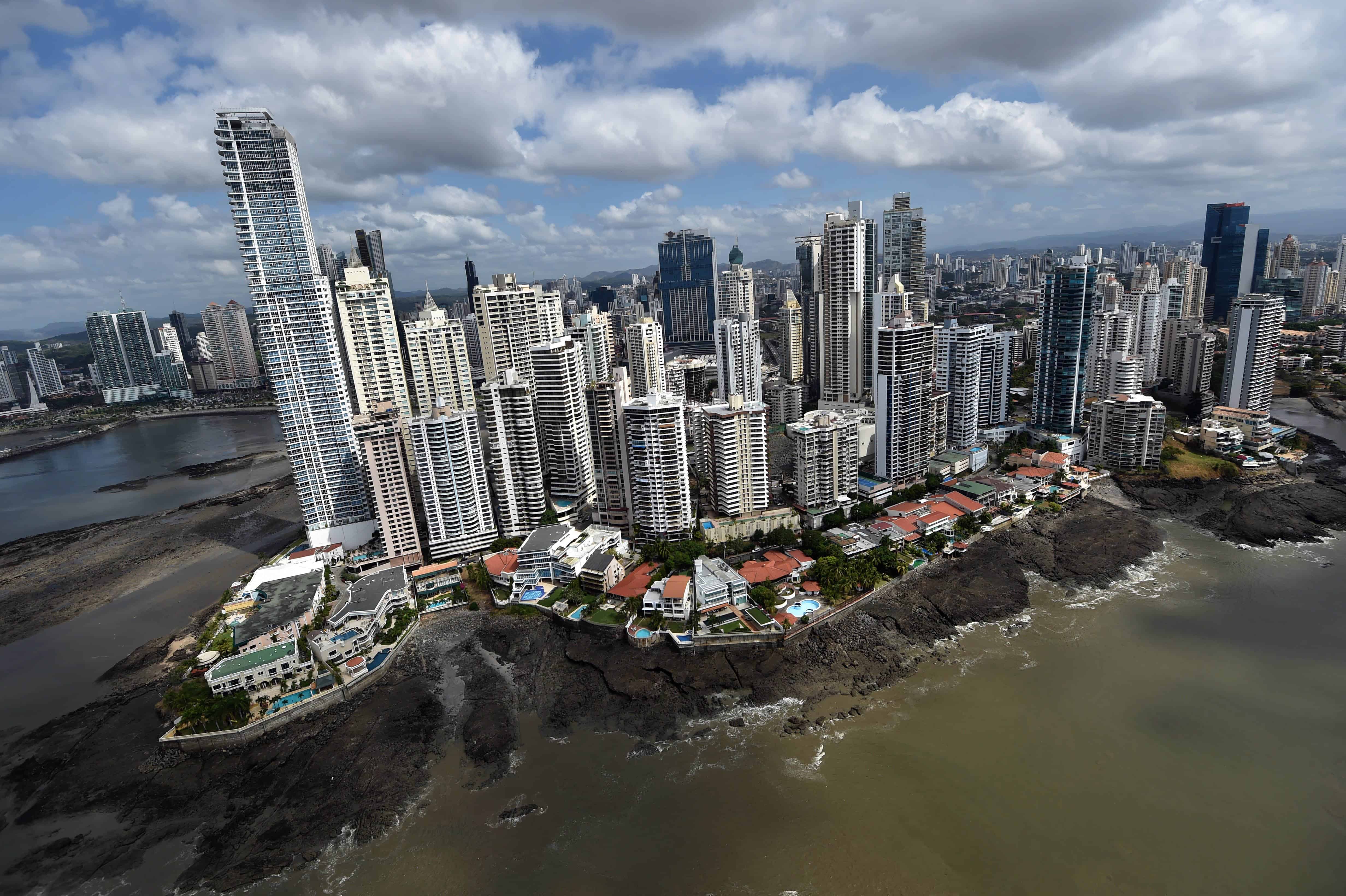A group of 220 Cuban health professionals arrived in Panama last Thursday — despite the rejection from the United States — to help the Central American country in its fight against a pandemic that has completely overwhelmed its health system.
“Medical reinforcement comes to the health system with the aim of contributing to the high demand in our hospitals,” said the Minister of Health, Luis Francisco Sucre.
“They are 100% specialists from different areas of intensive care, internal medicine, pulmonology, cardiology and respiratory therapy. In addition (there are) specialists to support nursing,” explained Alessandro Ganci, advisor to the Panamanian Ministry of Health.
For its part, the Cuban embassy in Panama celebrated the arrival of its “heroes in white coats.”
On December 15, the Panamanian government announced it would hire doctors from Cuba, the United States, Mexico, Venezuela and Colombia to deal with Covid-19.
With 4.2 million inhabitants, Panama has the highest number of infections in Central America, with more than 223,000 accumulated cases and 3,715 deaths.
After reopening most of its economic activities between September and October, the country has experienced an upswing of cases.
Thursday, Panama once again beat its daily record of deaths and infections, with 51 deaths and more than 3,400 infections. In 19 days it accumulates more than 43,000 new cases and 551 deaths.
Foreign doctors the ‘right decision’
The situation has caused the saturation of hospitals and the exhaustion of health personnel.
The government has had to install field hospitals and set up different infrastructure to care for the sick. It expects to receive some 450,000 doses of Pfizer’s vaccine in 2021.
“The authorities have made the most reasonable and logical decision, here the matter is not ideological, but rather to see how we can best manage,” Domingo Moreno, coordinator of the main Panamanian medical union, told AFP.
“Everything possible was done to contain and mitigate the spread (of the virus),” but “the cases have exceeded us [and] we do not have the necessary human resources,” he added.
However, the decision to bring foreign doctors is controversial in Panama, where the practice of medicine and nursing is typically exclusive for local professionals.
The dean of the Faculty of Medicine of the University of Panama, Enrique Mendoza, resigned, as a member of the advisory council that advises the government, in rejection of the decision.
“I have been consistent in my position that foreign citizens who do not comply with the laws of the Republic should not be allowed to practice medicine,” Mendoza said in his resignation letter.
Warning from Washington
The arrival of Cuban doctors occurs despite warnings from the United States, the largest user of the Panama Canal and the main political and economic partner of the Central American country.
“The most likely thing is that there will be repercussions, at least while (Donald) Trump is in power. Under his administration, the United States has expressed its opposition to this type of collaboration between the Cuban government and other countries,” Carlos Guevara-Mann, director of the Master’s in International Affairs at Florida State University’s Panamanian headquarters, told AFP.
“Policy under Biden is likely to be more tolerant of that kind of cooperation with Cuba,” he added.
“There will surely be a wake-up call (from the Trump administration) because they already did it once, but without major repercussions because the US government is going to change,” a diplomatic source told AFP.
Washington considers the sale of Cuban medical services a “governmental pattern” of “forced labor” which serves as propaganda for the communist government of the island.
“The governments that hire Cuban health professionals must guarantee their fair and humane treatment, in contrast to the Castro regime that traffics and exploits their bravery for their benefit,” said the Acting Undersecretary of State for the Western Hemisphere, Michael Kozak.
“Contracts must be transparent and payments must go directly to workers,” Kozak said.
In August, Panamanian President Laurentino Cortizo had announced his intention to hire Cuban doctors, but the leader withdrew the request at the time after receiving local criticism and a visit from senior US officials.
However, the situation of the pandemic made the Cortizo government change its mind.
Panama has privileged relations with the United States over China, which had gained ground after the establishment of diplomatic relations in 2017.






